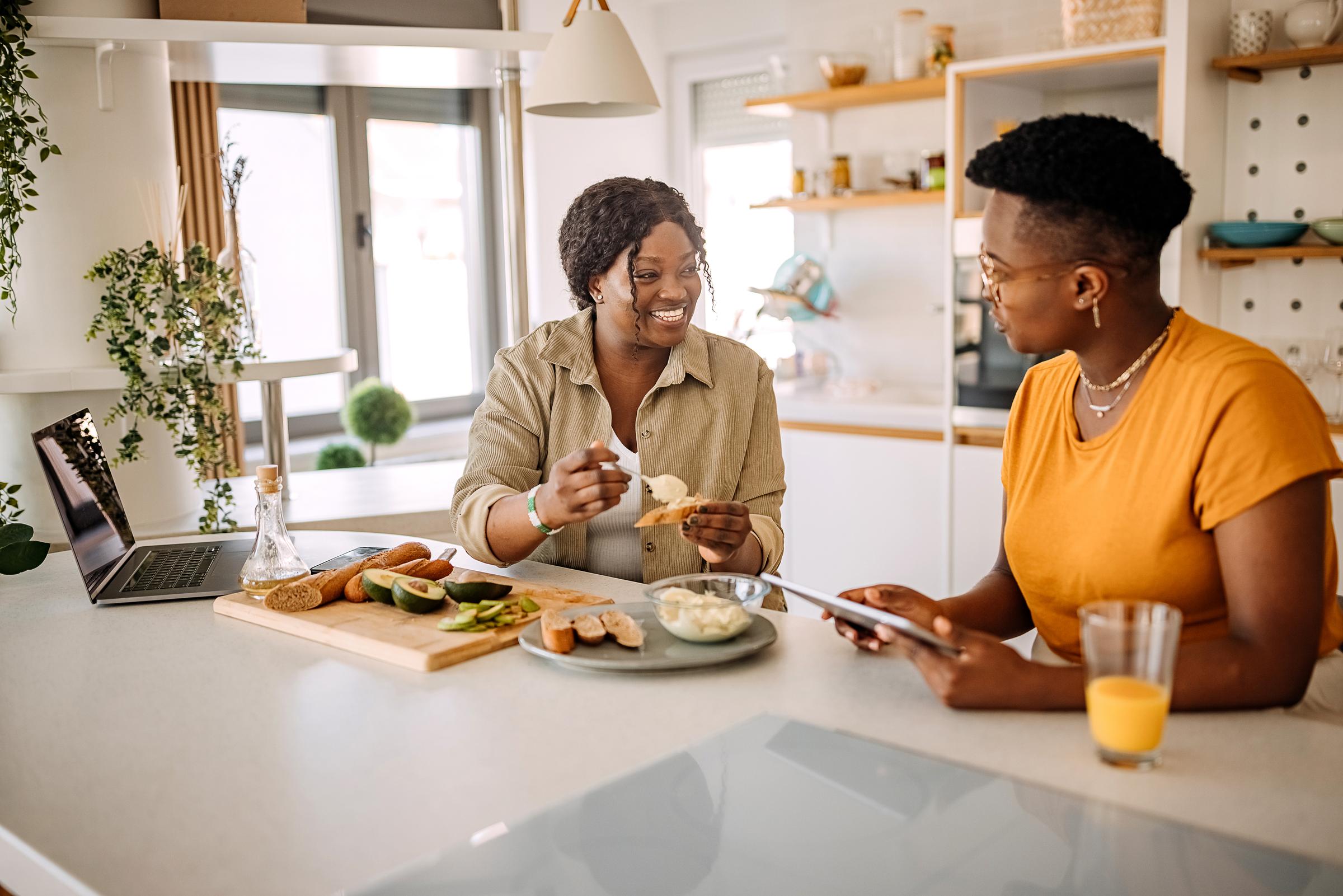Mortgage and deposits explained

In this guide
What is a mortgage?
If you're buying your first home, it’s important to understand what a mortgage is and how it works. A mortgage is a big financial commitment - one that often lasts decades - so you need to feel confident you can manage the repayments both now and in the future.
Put simply, a mortgage is a loan you use to buy a home. But two things make it different from other types of borrowing:
-
The loan is tied to your home
A mortgage is what's called a 'secured' loan. In return for lending you a large sum of money, the lender uses the property you buy as security. If you can't keep up with repayments, your lender can repossess your home and sell it to recover the money you owe.
-
The loan takes a long time to repay
Mortgages are paid back (with interest) over a long period of time - known as the 'term' of your mortgage. Mortgage terms are typically around 25 - 30 years, so even with a low interest rate, the total amount you repay over time can be significant.
What is a deposit?
A deposit is a lump-sum you pay upfront towards the cost of your new home. Your mortgage covers the rest. Lenders typically ask for deposits for two reasons:
- As proof of your financial discipline and your commitment to the purchase
- To reduce the risk they take on when lending you a mortgage
Why do you need a deposit?
A mortgage is a secured loan; the amount you borrow is ‘secured’ against the property you buy. That means if you don’t repay your mortgage, the property goes to the lender so they can recover the cost of the loan you borrowed from them.
When a bank or building society lends a mortgage, they’re essentially taking a risk that house prices won’t go down.
Why lenders ask for a deposit
Let’s say you buy a £200,000 house with no deposit.
If house prices dropped sharply and you fell behind on your repayments, the lender could repossess the home - but it might now be worth less than the amount you borrowed. That means the lender would lose money.
That’s why lenders ask for a deposit; to help reduce this risk.
How much should you save for your deposit?
If you pay a 10% deposit, house prices would need to drop by 10% before your lender wouldn’t be able to cover the full amount of the loan (if you weren’t able to pay it back).
So the bigger your deposit, the lower the risk for your lender. And the better your chances of getting a good mortgage deal.
The size of your deposit matters because it can impact how good a deal you can get on your mortgage when you're ready to apply.
- Getting started

Download our free app
We'll guide you through the steps of home-buying with the First Home Steps app.